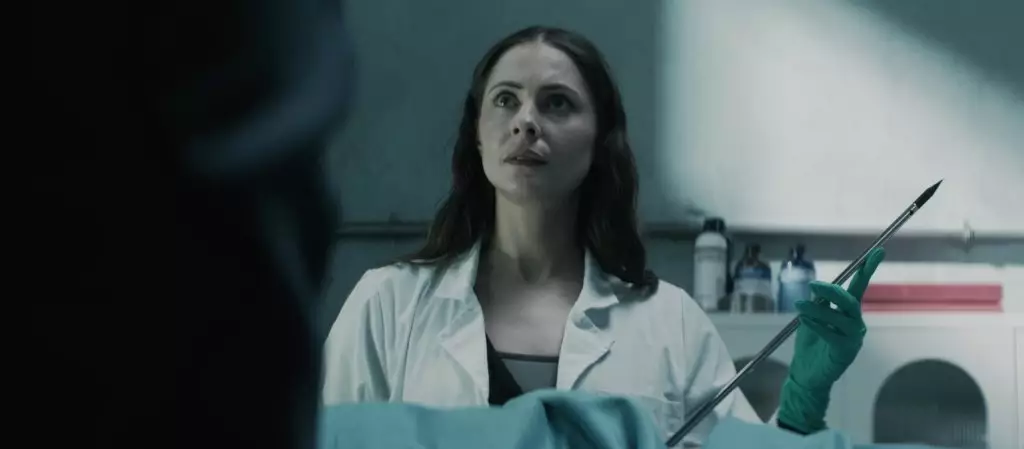Adapting a beloved video game into a feature film always warrants scrutiny—particularly when the source material is as psychologically intense and atmospherically rich as The Mortuary Assistant. While this project promises to expand on the game’s lore and deliver a cinematic experience, there’s an inherent risk that the narrative may become diluted or misrepresent the original’s visceral tension. Video games often thrive on player agency and immersion, qualities that are challenging for films to emulate. When studios prioritize expanding lore over preserving core elements, they threaten to strip the story of its emotional impact, turning what was meant to be a deeply personal and horror-driven experience into a generic spectacle.
The Promise of Talent versus the Hazard of Compromise
The announcement highlights a talented cast and crew, with Willa Holland and Paul Sparks taking on significant roles and Jeremiah Kipp directing. However, star power and seasoned directors don’t automatically guarantee authenticity or quality. The connection between a game’s narrative depth and cinematic storytelling is fragile; without a nuanced understanding of horror’s psychological complexities, even skilled creatives risk reducing dread to superficial scares or predictable tropes. The desire to appeal to a broader audience could lead to watered-down horror elements, sacrificing the original game’s intense atmosphere and leaving audiences craving more substance.
The Commercial Pressure and Its Ethical Implications
The decision by Shudder to acquire and develop this movie reflects a broader industry trend—pursuing profitable intellectual property often at the expense of artistic integrity. While the horror genre frequently attracts niche audiences, watering down complex narratives to maximize mass appeal fosters a diluted cultural product. This raises ethical questions about creative integrity and the purpose of horror: should it serve as a space for genuine psychological challenge or merely as a commercial vehicle for endless franchise potential? When studio interests eclipse the core values of storytelling, the essential power of horror as a genre diminishes, rendering it mere spectacle rather than an exploration of human fears.
Why Fans Should Approach with Caution
Fans of the original game have every right to be skeptical. The transition from a highly interactive experience to a passive viewing format risks losing the game’s psychological depth and unsettling atmosphere. If the adaptation leans too heavily on jump scares and visual effects, it could betray what made the original viral sensation compelling. Furthermore, expanding the mythos could lead to over-complication, risking the coherence and integrity of the story. Horror that sacrifices subtlety and nuance in favor of spectacle often ends up leaving viewers less haunted—merely startled—rather than truly terrified.
In the end, this adaptation stands at a crossroads. Will it honor the disturbing subtleties of the original game or fall prey to Hollywood’s obsession with franchise-building? Only time will tell. But as critics and fans alike should approach this project with critical eyes, questioning whether it will elevate or undermine the visceral power that made The Mortuary Assistant a standout in digital horror.


Leave a Reply